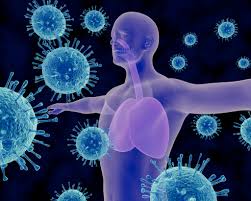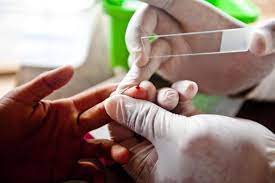Malaria is humanity’s curse. It is among the oldest of human diseases, infecting our earliest ancestors, influencing our recent evolution, and causing an estimated half of all deaths since the Stone Age. Today, nearly half of the world’s population is at risk from malaria – it kills more than 400,000 people a year, most of them in Africa, where a child dies every two minutes from the disease. But now hopes have been raised of an end to the scourge: the first malaria vaccine is being rolled out in immunisation programmes in Malawi, Ghana and Kenya.
The new vaccine has been developed by GlaxoSmithKline with the support of the Bill & Melinda Gates Foundation, and others including the World Health Organization (WHO) and Gavi, the global vaccine alliance. It took 32 years of research, and cost more than $700m (£552m).
Trials show it to be just 40% effective at preventing the disease over four years. That’s about as effective as influenza vaccine, but considerably less than the 97% effective diphtheria vaccine. And yet, it may well be the most significant win in our war with malaria for several decades, preventing many thousands of deaths and reducing the great social and economic burden that comes with experiencing or caring for someone with chronic sickness. Public health officials in Africa are allowing themselves to become excited about the barely imagined prospect of eradicating the disease.
“I never thought there would be a vaccine in my lifetime, but now we have a chance,” says Anthony Nsiah-Asare, director general of Ghana Health Service, who is coordinating the vaccine’s implementation. “We’ve seen how it has been eradicated in some continents, so it should be possible in Africa, and now we have real hope that it could be.”






























